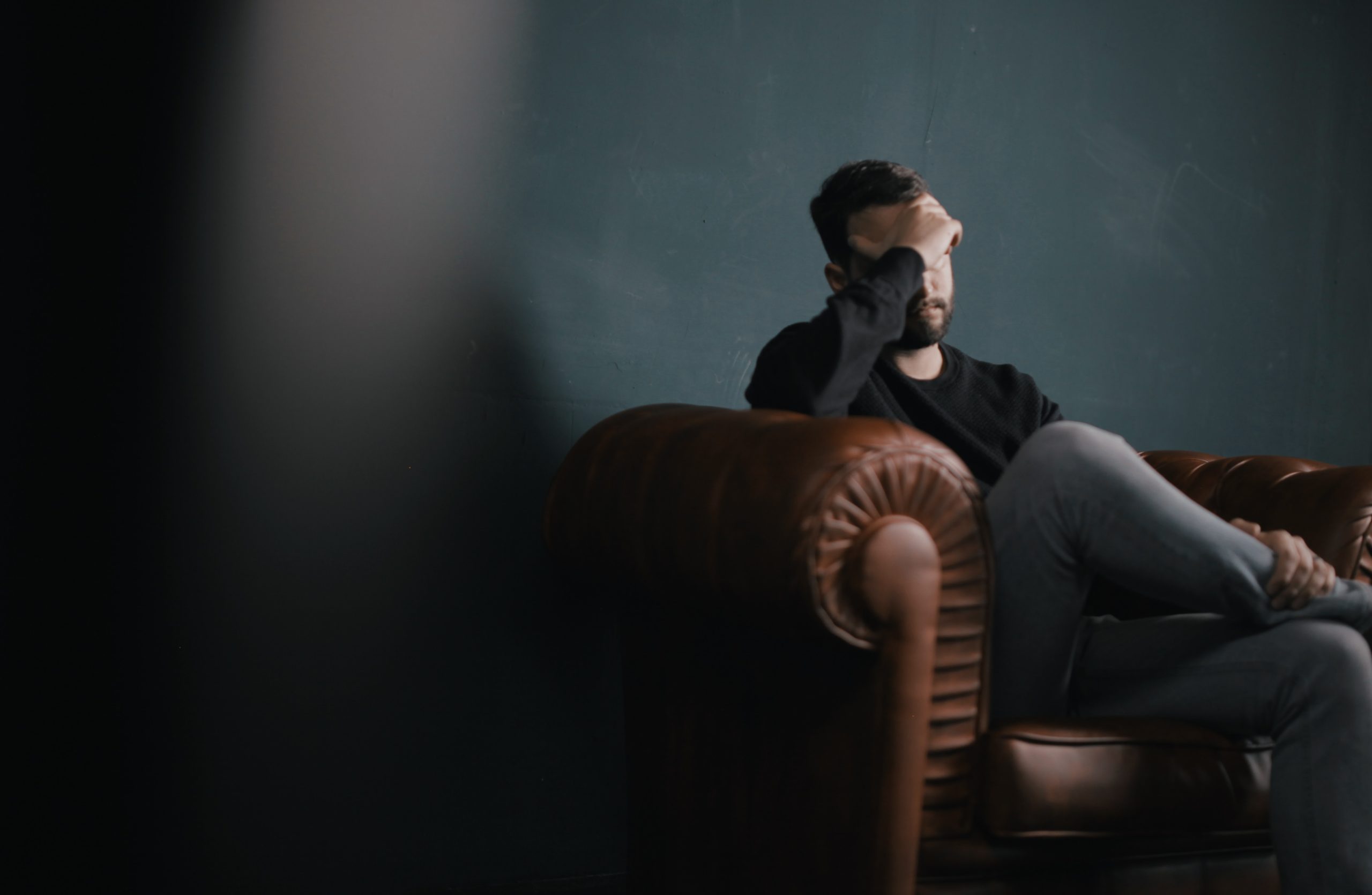In addiction, a trigger can be anything that brings up the desire to use alcohol or drugs. Triggers can be both internal and external and can evoke memories, feelings, or thoughts of your past substance abuse.
At Evolve Indy, part of our addiction treatment program involves educating our clients on how to identify, manage, and cope with triggers.
5 Tips To Overcome Addiction Triggers
Identifying your triggers
Triggers are unique for each person and can be:
- Environmental – including places or situations that remind you of past substance abuse.
- Social – certain people, conversations, or social situations that push you to use or drink.
- Emotional – these are feelings or mental states that tempt you to relapse.
Make a plan

Once you’ve identified your triggers, you need to know how to handle them. Having a plan on how you’ll respond to triggers in advance gives you confidence and prepares you for any eventuality. Part of your plan could include having an accountability partner you could call or removing yourself from a situation.
We at Evolve Indy in Indiana emphasize relapse management in our outpatient programs to better prepare those in recovery to deal with common situations they may face after rehab.
Learn how to manage your emotions
Some of the common emotional triggers include stress, anger, depression, anxiety, and boredom. A lot of people in recovery used to rely on drugs or alcohol to cope with negative emotions.
During rehab, you’ll learn the necessary coping skills you need to effectively tolerate and manage your emotions as part of preventing relapse. Instead of bottling up your feelings or reacting to them, you’ll need to find healthier ways to release them e.g. taking up a sport, keeping a journal, meditating, etc.
Develop healthy habits
Another great way to manage addiction triggers is by developing a healthy lifestyle. This means cultivating healthy habits that complement your sobriety.
As part of our partial hospitalization program and intensive outpatient program, we educate clients on the importance of having the right amount and quality of sleep, food, and exercise so that they can feel good without relying on substances.
Keeping busy and filling up your life with healthy habits can also go a long way toward overcoming triggers. You could pick up a hobby e.g. painting or music, join a book club, volunteer in the community, etc.
Have a support system
Finally, you need to surround yourself with people who are committed to seeing you stay and live clean. This could be your friends or loved ones, an addiction recovery support group, or other people with a positive influence in your life.
The Evolve Indy family therapy program can help you and your family learn how to cultivate a positive environment at home to support your recovery.
Overcoming addiction is possible with the right help. Contact Evolve Indy today for more information on our addiction treatment programs.

